I am trying to use some code that will generate hashcode based on the value of all properties inside an object, but the following returns a 0 for the HashCodeOnProperties
Console.WriteLine("Hello, World!");
var request = new Request()
{
NorthEastLatitude = 43.13306116240615,
NorthEastLongitude = -80.9355926513672,
NorthWestLatitude = 43.13306116240615,
NorthWestLongitude = -81.573486328125014,
SouthEastLatitude = 42.831667202614092,
SouthEastLongitude = -80.9355926513672 ,
SouthWestLatitude = 42.831667202614092,
SouthWestLongitude = -81.573486328125014
};
var hash = request.GetHashCodeOnProperties();
Console.WriteLine(hash);
Console.ReadKey();
public class Request
{
public double? SouthWestLatitude { get; set; }
public double? SouthWestLongitude { get; set; }
public double? NorthEastLatitude { get; set; }
public double? NorthEastLongitude { get; set; }
public double? SouthEastLatitude { get; set; }
public double? SouthEastLongitude { get; set; }
public double? NorthWestLatitude { get; set; }
public double? NorthWestLongitude { get; set; }
}
public static class HashCodeByPropertyExtensions
{
public static int GetHashCodeOnProperties<T>(this T inspect)
{
return inspect.GetType().GetProperties().Select(o => o.GetValue(inspect)).GetListHashCode();
}
public static int GetListHashCode<T>(this IEnumerable<T> sequence)
{
return sequence
.Where(item => item != null)
.Select(item => item.GetHashCode())
.Aggregate((total, nextCode) => total ^ nextCode);
}
}


